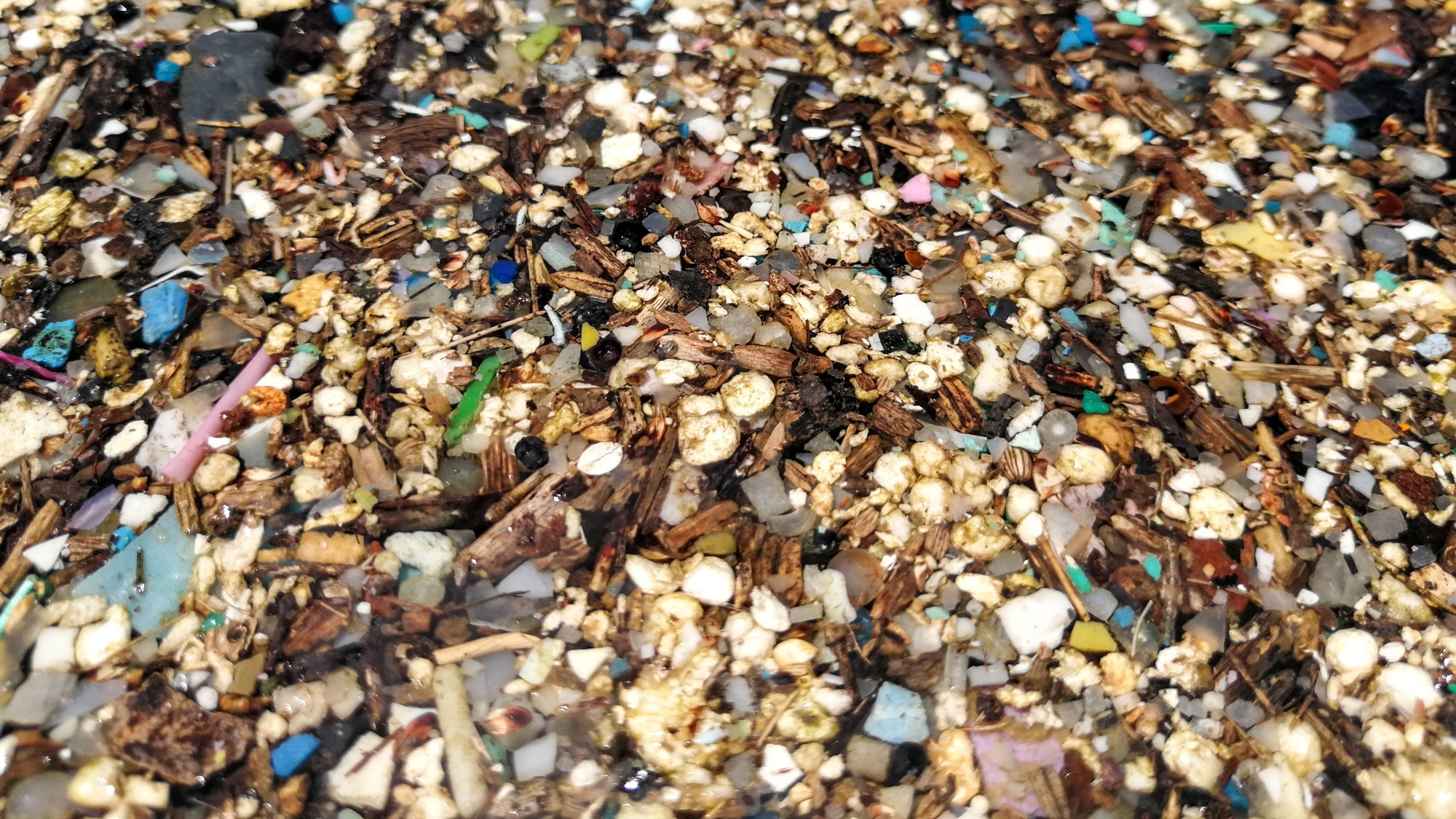

As if last month’s news that microplastics are easily detectable in human testicles wasn’t bad enough, a new study now further confirms an unfortunately logical conclusion to the uncomfortable truth—polymer particles are increasingly being found in semen. And while previous research documented the pollutants in just some samples, the latest results are especially disconcerting.
According to a new report in the journal Science of the Total Environment, a medical team collaborating across multiple universities in China recently discovered various types of microplastics within every semen sample collected from a total of 40 males selected from a general population pool.
As The Guardian noted on June 10, a total of eight different plastics were found in the samples—the most prevalent, polystyrene, is commonly used for packaging like Styrofoam and CD jewel cases. Plastic bag’s polyethylene was the second most detected micro-particle, followed by PVC.
This is not great news. Mounting evidence indicates these now-practically ubiquitous microplastics are detrimental to human health, and appear to be tied to biological issues, hormone irregularities, and potentially reduced sperm counts. Apart from human testicles (and their contents), the pollution has been detected in people’s lungs, blood, placenta, and even breast milk.
[Related: Every human testicle contained microplastics in a new study.]
“As an emerging body of research increasingly implicates microplastic exposure as a potential factor impacting human health, understanding the extent of human contamination and relations to reproductive outcomes is imperative,” the team wrote in their study.
Unfortunately, the news isn’t exactly shocking, since it’s difficult to find a place on the planet that doesn’t include traces of microplastics now. From the deepest depths of the ocean to Mount Everest, the toxic detritus is basically everywhere at this point. Often undetectable to the naked eye, microplastics can enter a human body through the food they eat, water they drink, and even simply the air they breathe. More investigation is needed, but early evidence the particles can cause tissue inflammation as well as elevated risks of stroke and heart attack. And then there’s the potentially specific effects on males.
“Globally… about 15-percent of couples experience infertility, among which male factor infertility accounts for 50-percent of the cases,” the researchers wrote, adding that and male infertility continues to increase in tandem with an ongoing deterioration of semen quality.
But even as more males display lower sperm counts and similar issues, “impaired spermatogenesis remains unidentified in about 40-percent of men.” And thanks to studies such as these, it is becoming increasingly likely that microplastics may have something to do with this.
